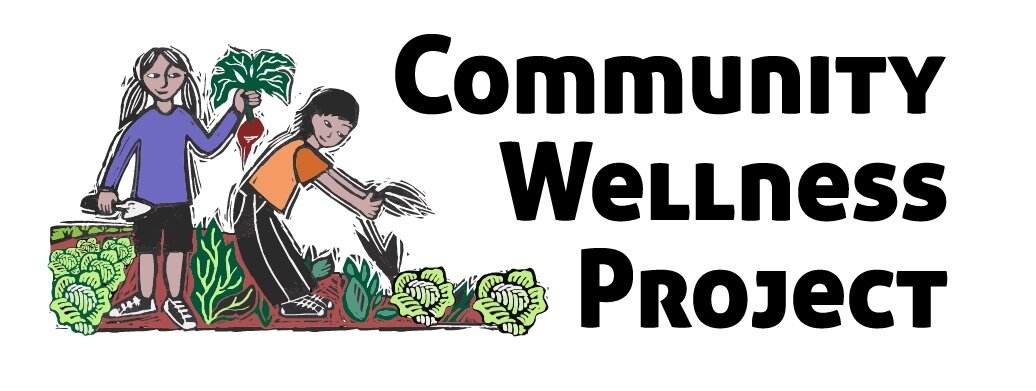This January, Chimacum schools received 100 lbs of ground beef from Westbrook Angus. School Food Director, Margaret Garrett said it will be turned into Meat Loaf and served with some of the 1900 pounds of fruits and vegetables she also received from other sources. How the community came together to make that happen, however, is the bigger story…
The Problem
In March of 2020, the Covid-19 shut down kept us away from jobs which also shut down the economic cycle for our farmers just as animals and produce were growing for the summer season. Not only was the buying power of customers seriously dented by lack of income, so were the distribution points such as Farmers Markets, restaurants, schools, and local food banks. Other essential distribution points--hospitals and small stores--could still take food, but at such a reduced rate that it wouldn't be enough to keep the farms thriving.
This is when living in a small town area where everyone knows everyone's business, is an asset. People from key organizations felt the ramifications of one missed farm cycle not only this year, but for years to come if those farms closed. Something had to be done quickly that not only provided food for those in immediate need, but also kept farms operating at the same time.
Developing the Plan
The North Olympic Peninsula Resource Conservation and Development Council https://www.noprcd.org (NODC for short), WSU Small Farms Program, North Olympic Land Trust, and Jefferson Land Trust met to develop a program to purchase food from farmers and donate the food to food banks, meal programs, and schools. The program was called the Olympic Peninsula Farmers Fund (OPFF) of which the NODC would act as the administrator. It gave out pre-paid, long term contracts of $1,500 to $12,500 to farmers to provide food for food banks and schools over the next 1-5 years.
Where did the money come from?
Over $50,000 was initially raised from supporters of the NODC, Jefferson Land Trust, the North Olympic Land Trust, Port Townsend Food Co-op, and the Jefferson Community Foundation .
How did farmers get selected?
The OPFF program sent out fliers, newspaper articles, and word of mouth to let farmers know of the opportunity. Farmers then applied for the funding and amounts were determined by need and distribution.
Chuck and Julie Boggs of Westbrook Angus applied and received a fixed amount which they are putting towards a bigger freezer for their meat and maybe a new baler. They fullfilled their contract by sending 100 pounds of beef to the Chimacum schools as well as 400 more pounds to be distributed among the Jefferson County Tri-County Food Bank, Sequim Food Bank, Forks Food Bank, and Tribal Pantries. Getting the meat to these locations was another problem solved by piggy-backing the shipments with OlyCap trucks already destined for those Food Banks.
The OPFF program worked so well in the spring for distributing produce, meat, cheese, eggs, and honey, that it was extended again in fall generating an additional $70,000 in grants from a $15,000 grant from the Benjamin N. Phillips Memorial Fund of the Seattle Foundation, more than $12,000 in individual donations, and support from federal CARES Act Coronavirus Relief Funds allocated through Jefferson and Clallam Counties.
Economic Resilience
Now that the contracts are in place, the OP Farmers Fund offering has been suspended although still managed by the NODC. Meanwhile, the success OPFF and the way the program was established has been captured by Pewtrusts as an example of economic solutions during these stressful times.
Our thanks go to the organizations and the individuals who made this thoughtful and effective solution for food security and resilience happen.

